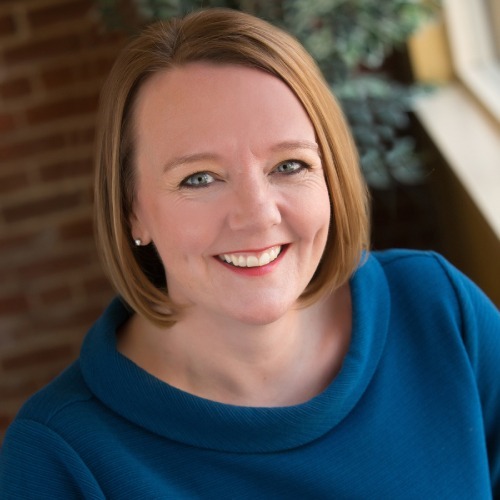Savvy Diversification Series: Monolingual Editing
The Savvy Newcomer team has been taking stock of the past year and finding that one key priority for many freelance translators and interpreters has been diversification. Offering multiple services in different sectors or to different clients can help steady us when storms come. Diversification can help us hedge against hard times.
With this in mind, we’ve invited a series of guest authors to write about the diversified service offerings that have helped their businesses to thrive, in the hopes of inspiring you to branch out into the new service offerings that may be right for you!
For as long as I’ve had my freelance business, I have been a translator who is diversified within my narrow area of subject expertise. Shortly after I started translating I got my first request to edit a chemistry journal article written by an author whose native language was not English. That request came through my ProZ.com profile, where I am registered under “English (monolingual)” as well as my main translation pair. Non-native editing (also known as ESL editing) for academics who have to publish in English when that is not their native language can of course be a career in itself. Many people, especially people with degrees in a technical field like me, provide only that editing service. There is perhaps more call overall for these editing services for those of us whose native language is English, but all freelancers can provide similar services for their native language.
For a decade I didn’t market myself for this non-native editing. My website and online profiles didn’t mention it. Yet it kept coming. I had picked up a few regular clients (rather than one-offs, which are pleasant but not a big money-maker) and started getting word-of-mouth referrals. Around that time, 2015 or thereabouts, I added it to the list of things I mentioned when I say what I do. Then I prepared a talk on the topic and it became obvious that other into-English translators were interested in adding this to their skill set.
In recent years the volume rose to make up about 20% of my gross revenue—a significant part of what I do. Importantly, I have always felt that this area of work improved my translations. It improves both my subject-matter expertise, since I read cutting-edge research while editing these papers, and my English writing skills. In February 2017 I wrote in more depth about this topic, including describing how others can get into this field. You can find that piece on the Training for Translators blog. In reflecting on what changed due to the pandemic, I reviewed it and found that much still holds.
So what difference did offering this specialized yet diversified service make to me in 2020? Put simply, the editing work held strong and kept me going through many bad months. I suspected that academics who couldn’t get into the lab or the field finished off half-written papers instead, though I don’t have anything to support that hunch. My editing revenue was slightly up last year on any of the previous years, and it made up a much higher percentage of my total revenue as my translation revenue took a steep dive in Q2 and Q3. Indeed, because my success with diversification made a big difference to my year and I shared as much when people asked how things were going, there are a couple of recordings where I spoke about this topic later in the year. Multilingual Magazine’s Summer Series included this panel on Diversification. I discussed it in the Speaking of Translation podcast here. Both may give you insights into ways we freelancers diversify and how those diversified service offerings help in difficult seasons or times of change.
So yes, I am diversified, yet I am still a highly specialized subject-matter expert. Diversification takes many forms!
Author bio
 Karen Tkaczyk is a chemist-turned freelance translator, specializing in scientific translation. She is an ATA-certified French>English translator and a Fellow of the Institute of Translation and Interpreting. Karen earned a Master of Chemistry with French degree from the University of Manchester and a Diploma in French and a PhD in organic chemistry from the University of Cambridge. She has worked as a research and development chemist in Europe and as a Quality Assurance Manager in a cosmetic and medical device manufacturer. Karen serves as the Secretary of ATA’s Board of Directors and is a member of the Colorado Translators Association.
Karen Tkaczyk is a chemist-turned freelance translator, specializing in scientific translation. She is an ATA-certified French>English translator and a Fellow of the Institute of Translation and Interpreting. Karen earned a Master of Chemistry with French degree from the University of Manchester and a Diploma in French and a PhD in organic chemistry from the University of Cambridge. She has worked as a research and development chemist in Europe and as a Quality Assurance Manager in a cosmetic and medical device manufacturer. Karen serves as the Secretary of ATA’s Board of Directors and is a member of the Colorado Translators Association.
